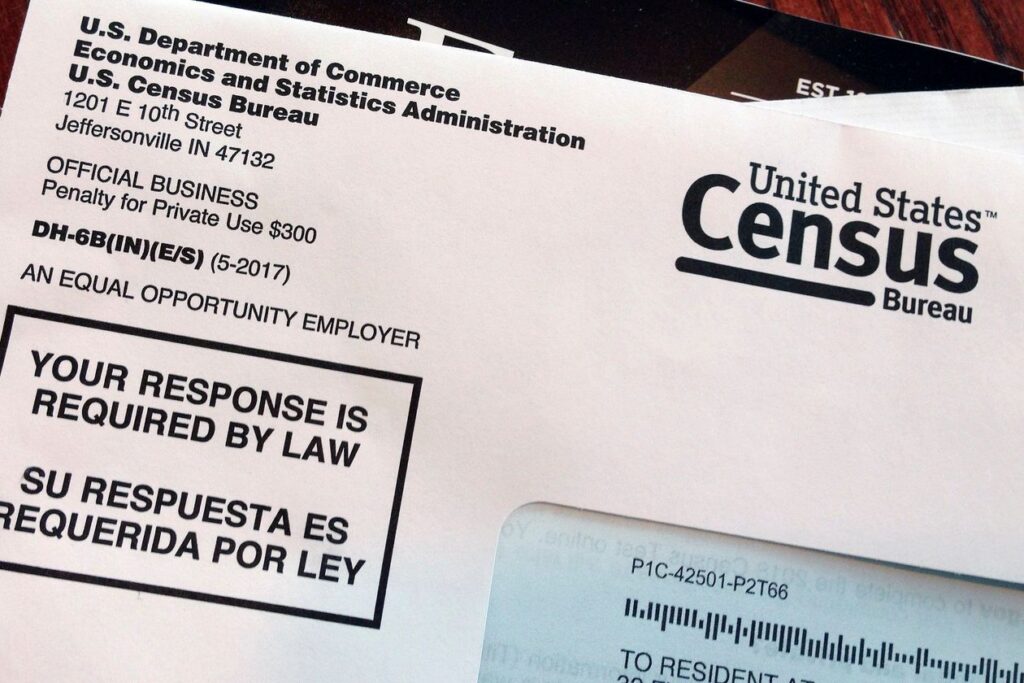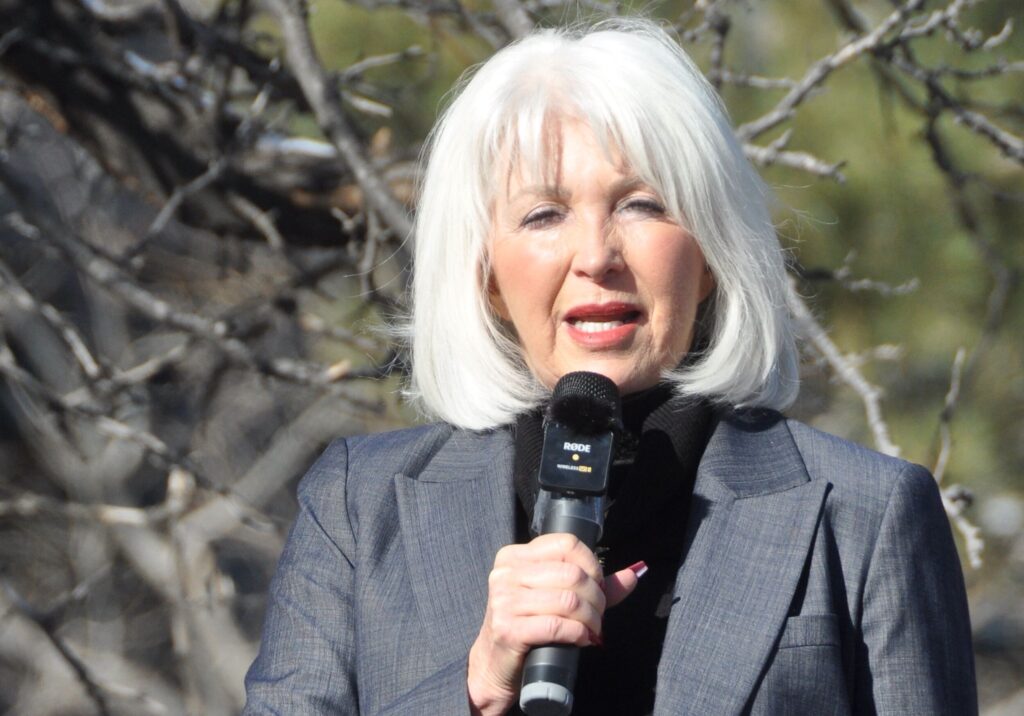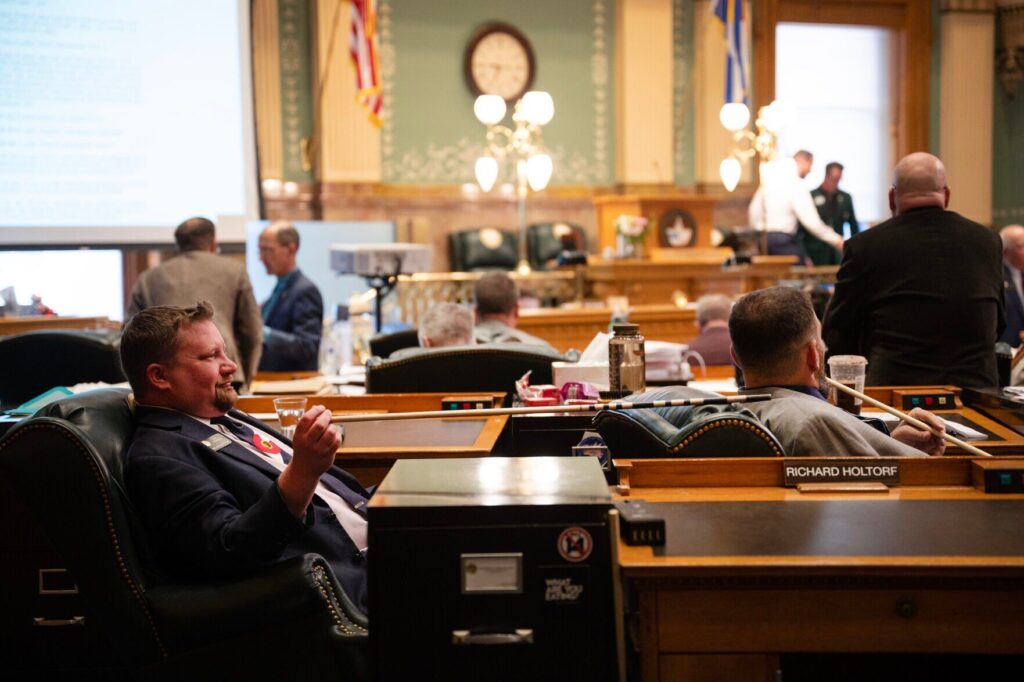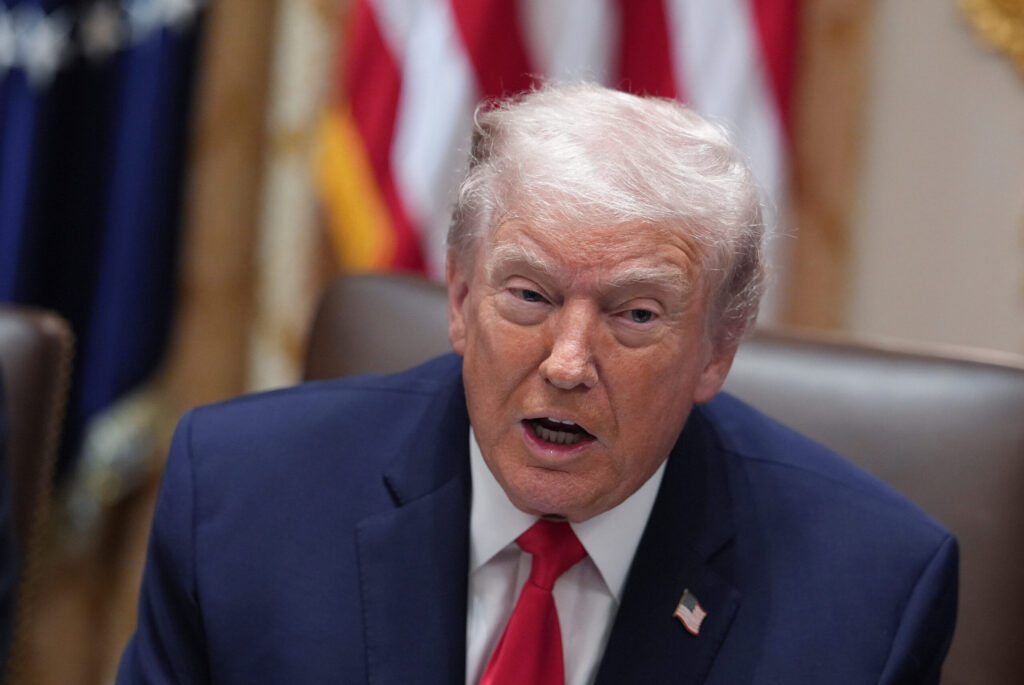EDITORIAL: Sen. Bennet wants competition in care
Republicans and Democrats should listen to Sen. Michael Bennet’s plea for meaningful health care reform.
Calling for bipartisan cooperation, the Colorado Democrat said “we should turn our attention to competition, transparency, and affordability so that we can create a system that serves all Coloradans.”
Of note, he did not mention “insurance” reform in his statement about turning our attention. He seems to understand the problems with confusing insurance and care.
“I visited a clinic in Frisco (Colo.),” Bennet told The Gazette separately Thursday. “I asked, ‘What’s the payer mix here?’ She said 33 percent Medicaid. Then she said 53 percent is uncompensated care. They are people who earn too much to be on Medicaid, but not enough to buy private insurance. That is an absolute outrage. The Affordable Care Act was an attempt to fix that, but it did not get it done and the Republican bills go in the opposite direction of what the ACA tried to do.”
Reform proposals are on the wrong track. They each focus on funding of public and private insurance plans that play relatively marginal roles in the routine care most Americans seek, need or receive.
Bennet wants more competition because it would increase options and lower prices for patients. Insurance would become less of a factor in a market that competes for customers.
His statement provides a refreshing contrast to Washington’s insular political mindset, in which health care is insurance and insurance is care. Talk health care policy with nearly any politician and the discussion immediately turns to ideas about distribution of Medicaid, Medicare, and regulation of private and subsidized insurance. It is a zero-sum shell game about who should get insurance and who should pay for it.
Tell them coverage is not care.
A health policy with an $8,000 deductible does nothing to help a person who does not have $8,000 and cannot afford the soaring cost of routine checkups and procedures. Insurance does not increase access to care in rural areas and other markets that lack doctors, nurses and medical facilities.
All over the country, patients endure rationing in the form of long waits for care or prices so high they avoid it. A growing shortage of physicians will only make things worse, and the problem is seldom addressed.
The solution cannot be more top-down redistribution of insurance policies, coupled with tax code tweaks to fund them. To revive a market segment detached from the financial limitations of consumers, public policy should encourage and facilitate a surplus.
A supply side explosion of care would resolve a litany of problems. Health care saturation in urban markets, for example, could push providers to fill voids in underserved rural markets.
More doctors, nurses, physician assistants, nurse practitioners, clinics and hospitals would lower prices and increase access points for all. High deductibles would be less burdensome if prices reflected what average customers could afford.
When Bennet talks about “competition,” he wants health care providers and insurers to compete for patients by lowering prices and easing access. He wants the opposite of a market in which patients wait weeks for care and pay exorbitant prices before satisfying deductibles imposed by an insurance industry that earns $15 billion in profits each year.
The former superintendent of Denver public schools, Bennet has seen the rewards of creating more options in education. He supported a charter school revolution in Colorado, which dramatically increased the number of public schools and forced them to compete for students. People move to Colorado to reap the benefits of school choice market with a growing surplus of good schools.
Health care and education are vastly different creatures, but consumers win whenever a service sector offers more options.
A Bennet staffer told us foreign doctors, working on green cards, are fleeing the country for fear of an immigration crackdown. That means less health care. The next health care bill should address this trend, easing immigration for foreign physicians and relieving concerns among those here.
“The Affordable Care Act represents about 20 percent of health care, or less. We should turn our attention to supply,” the Bennet staffer said.
Government could reduce the costs and risks of seeking medical and nursing degrees with properly crafted financial aid. Congress could direct the Federal Trade Commission to snuff out regulations that stifle startup health care businesses. It could instruct the Small Business Administration to reduce costs and risks associated with entrepreneurial health care ventures. Washington could award block grants for wellness clinics in fire department substations already staffed with paramedics.
In trying to fix health care, Congress and the president should examine every opportunity to increase care. Make the market sell health care the way it sells most everything else. That means clinics in strip malls and doctors wooing patients with no-wait appointments and prices that don’t demand third-party payers for anything short of a crisis.
Republicans and Democrats should get together on a long game. Ignite a sustainable market solution. Unleash the forces of a surplus, and we will see “competition, transparency, and affordability” replace scarcity, rationing and prices detached from market constraints. Washington should make this less about insurance, more about care.
EDITOR’S NOTE: Gazette Media, Colorado Politics and the AARP will host a Community Conversation on health care Friday. A panel discussion begins at 6 p.m. at the Historic Day Nursery, 104 E. Rio Grande St. in Colorado Springs. The event is free and open to the public, and The Gazette’s editorial board encourages readers to attend.











